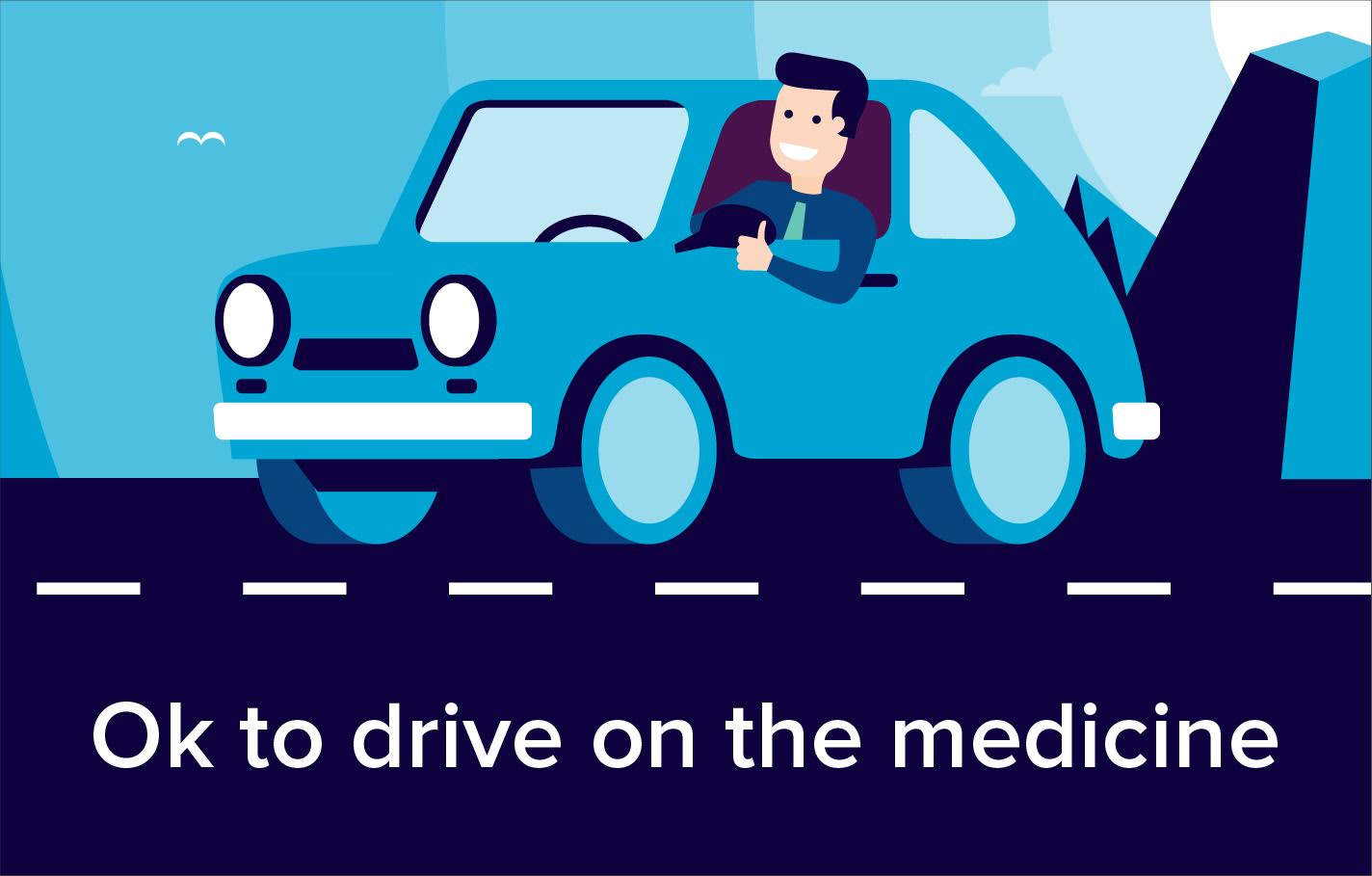Prednisolone is a steroid medicine, prescribed for many different conditions, including serious illnesses.

What your tablets do
- Prednesol Tablets contain prednisolone sodium phosphate which is one of a group of medicines called corticosteroids or "steroids". (They should not be confused with "anabolic" steroids misused by some bodybuilders).
- Many different diseases may be improved by the careful use of strong medicines like this, which mainly work by reducing inflammation in the body.
- If you are not sure why you are on these tablets, ask your doctor.
Before you take your tablets
- Have you been told you are allergic to Prednesol Tablets or any of the ingredients?
- Have you had tuberculosis (TB), diabetes, epilepsy, depression, glaucoma (raised eye pressure), hypertension (high blood pressure), osteoporosis (thinning of the bones) or stomach ulcers?
- Do you have liver or heart disease? - Have you just been immunised?
- Do you have a viral infection eg chicken pox, or other infection - Do you think you may be pregnant?
- Are you breast feeding?
- Are you taking any other medicines?
IF THE ANSWER TO ANY OF THESE QUESTIONS IS YES:
- Did you tell your doctor at the last visit or an earlier visit?
- If you did NOT you should do so as soon as possible and before starting the tablets.
- Even so, your doctor may still want you to take them.
How to take Prednesol Tablets
- The tablets can be swallowed whole but they are best taken as a drink after allowing them to dissolve in a glass of water.
- (If prescribed for a CHILD, make sure the tablets are taken as the label says).
After starting to take your tablets
- You may start to feel better after taking the tablets for a few days but do not stop taking them unless your doctor tells you to.
- Most people taking this medicine find it causes no problems if taken at the lowest possible dose for the shortest possible time.
- As with most medicines a few people may find they have side effects to it.
What is in your tablets
Each small pink tablet contains:
- The active ingredient - prednisolone (as sodium phosphate) 5mg
- Other ingredients include povidone, sodium bicarbonate, sodium benzoate (E211), erythrosine (E127) and saccharin.
Side effects
Most people taking these tablets for a short time find they cause no problems.
If you have to take the tablets for more than two weeks:
- Do not suddenly stop taking the tablets unless your doctor tells you to - you could become ill
- Make sure your supply of tablets does not run out.
If you have to take these tablets for a long time your doctor will prescribe as small a dose as possible. High doses taken for a long time or repeated in short courses can lead to side effects such as skin thinning (stretch marks), eye problems (cataracts or glaucoma), bone thinning or damage, stomach ulcers, irregular monthly periods or rarely, mental upsets. In children high doses taken for a long time can stunt growth.
Tablets like these can make it easier for you to pick up infections and mild infections, such as chickenpox, can be made worse.
If you feel unwell or have any unusual discomfort you do not understand - tell your doctor.
What to do if you miss a dose
- If you forget to take a dose, take another as soon as possible. Then go on as before.
What to do if you take too many tablets at once
- It is very important to stick to the dose on the label of your medicine.
- Taking more than this could be dangerous especially if many tablets are taken at one time.
- In that case don't delay; ask your doctor what to do or contact your nearest hospital emergency department.
Breast feeding
- If you are a nursing mother taking Prednesol Tablets, prednisolone will be in your breast milk. You should take this medicine ONLY when approved by your doctor.
If you do not get better
- If you have taken all the tablets and you still feel unwell or If you have not taken all the tablets but feel worse - Tell your doctor
How to store Prednesol Tablets
- Keep out of the sight and reach of children
- Do not store above 25°C. Store in the original package. Protect from light.
- Do not take any tablets after the “Expiry” date shown on the pack. The expiry date refers to last day of the month.
- Return any unused tablets to your pharmacist.
- If the tablets become discoloured or show any other signs of deterioration, consult your pharmacist who will tell you what to do.
- Medicines should not be disposed of via wastewater or household waste. Ask your pharmacist how to dispose of medicines no longer required. These measures will help to protect the environment.
References:
http://www.mhra.gov.uk/home/groups/spcpil/documents/spcpil/con1429249556146.pdf
https://www.medicines.org.uk/emc/medicine/10816
http://www.drugs.com/uk/prednesol-5-mg-tablets-leaflet.html
http://www.hpra.ie/img/uploaded/swedocuments/2149717.PA1113_001_001.aa61f38f-909a-48c9-be08-52c0de330926.000001pl.140718.pdf
http://mcs.open.ac.uk/nlg/old_projects/pills/corpus/pil/data/Glaxo/Prednesol_Tablets/Prednesol_Tablets.html

